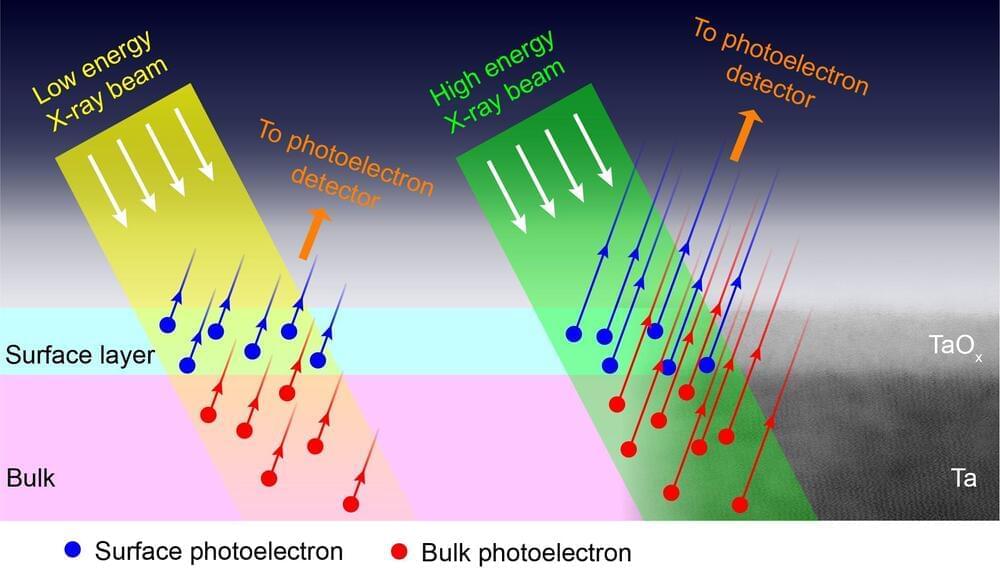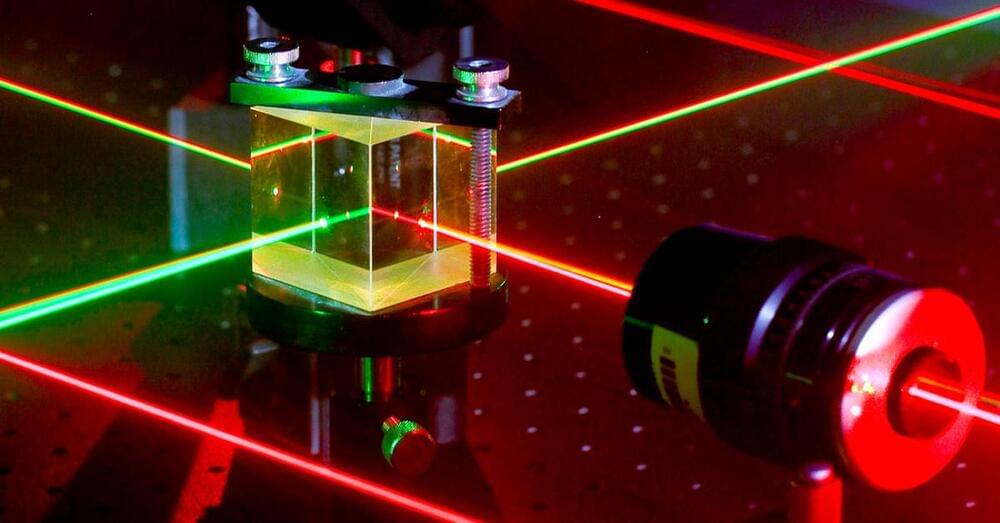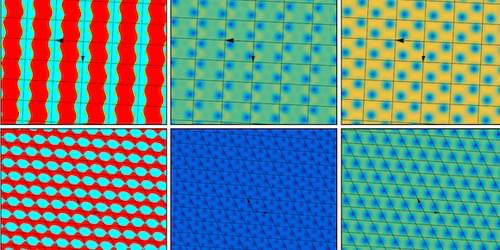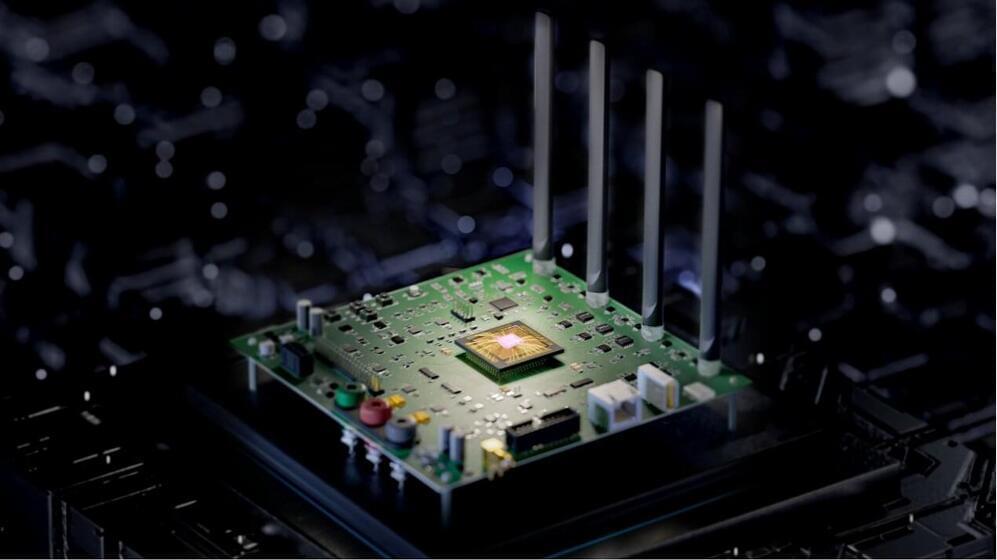Whether it’s baking a cake, building a house, or developing a quantum device, the quality of the end product significantly depends on its ingredients or base materials. Researchers working to improve the performance of superconducting qubits, the foundation of quantum computers, have been experimenting using different base materials in an effort to increase the coherent lifetimes of qubits.
The coherence time is a measure of how long a qubit retains quantum information, and thus a primary measure of performance. Recently, scientists discovered that using tantalum in superconducting qubits makes them perform better, but no one has been able to determine why—until now.
Scientists from the Center for Functional Nanomaterials (CFN), the National Synchrotron Light Source II (NSLS-II), the Co-design Center for Quantum Advantage (C2QA), and Princeton University investigated the fundamental reasons that these qubits perform better by decoding the chemical profile of tantalum.







